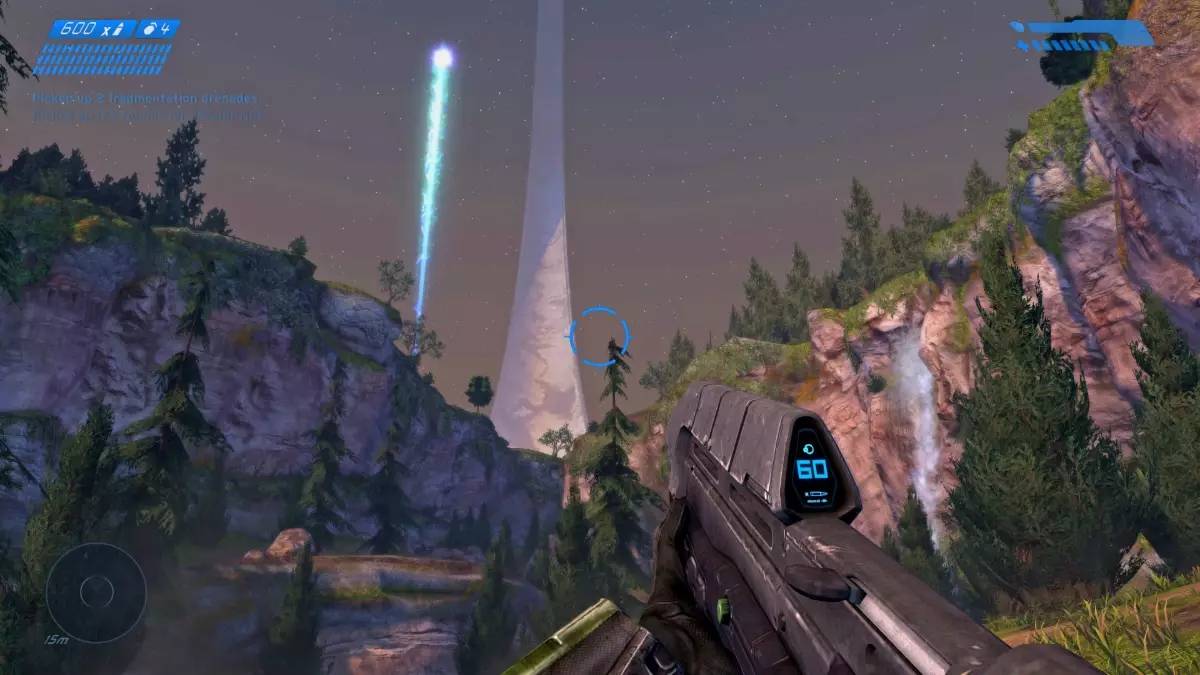As the gaming world holds its breath in anticipation, Phil Spencer, the CEO of Microsoft’s gaming division, recently hinted at a remaster of the iconic Halo: Combat Evolved during the Xbox Games Showcase. While Spencer chose not to directly name the title, his comments about celebrating the upcoming 25th anniversary of the Xbox platform strongly indicate that this beloved franchise is set to return. The nostalgic allure of revisiting a game that revolutionized the first-person shooter genre cannot be overstated. However, as we stand on the precipice of what could be a landmark moment in gaming, we must critically assess whether this remaster serves as a much-needed homage or a trespass into the realms of redundancy.
The Weight of Nostalgia
Halo: Combat Evolved debuted in 2001, molding the very fabric of console gaming and solidifying Xbox’s place in the industry. The original title not only became a system seller but also crafted a fierce loyalty among gamers. With the prior remaster, Halo: Combat Evolved Anniversary, launched a decade later to honor its initial impact, the question arises: is revisiting this classic for a second remaster truly necessary? Are we merely banking on nostalgia rather than innovation? This remaster swings both ways: it has the potential to delight long-time fans while alienating gamers who crave fresh stories and experiences.
The inherent risk lies in the assumption that the nostalgia factor alone will attract attention. It’s crucial for Microsoft to ensure that the remaster transcends a mere graphical overhaul. For a new generation of players, the gaming landscape has vastly changed since the early 2000s. The innovative elements that made the original Halo compelling may not resonate similarly in the current gaming environment, which thrives on storytelling depth and complex mechanics. Will the remaster cater to the expectations of modern gamers, or will it become another beautifully designed tombstone for a franchise that once stood tall?
The State of Development
Moreover, Spencer hinted at a broader vision surrounding Halo’s future. With multiple projects in the pipeline, including an ambitious switch to Unreal Engine 5, the potential for groundbreaking innovation exists. As Halo Studios (formerly known as 343 Industries) reconfigures itself, one can’t help but wonder: is a remaster the best use of resources? Instead of polishing an old gem, should the studio be focusing on developing brand new narratives within the established universe?
The fact that the remaster might see the light on rival consoles such as the PS5 and Nintendo Switch should not go unnoticed. Microsoft’s willingness to share its franchises across platforms reflects a modern, inclusive gaming philosophy, breaking away from the outdated belief of exclusivity as a selling point. This raises an interesting discourse around the essence of proprietary gaming. How do we define platform loyalty in an era where collaborative experiences may take center stage?
Setting a Precedent for the Future
As the gaming community grapples with this generational shift, the implications of Halo’s potential remaster stretch beyond its gameplay mechanics. While it could serve as a symbolic bridge connecting longtime fans to a new audience, it also raises critical questions about the path forward for older franchises attempting to adapt in a rapidly evolving market.
In contemplating the magnitude of this decision, it’s worth considering the current trajectory of the entire franchise. Halo Infinite, despite ambitious aspirations, faced substantial criticism. The gaming community has grown increasingly vocal about the need for substance over mere surface-level enhancements. If the remaster of Halo: Combat Evolved fails to learn from these lessons, we may witness another missed opportunity, resulting in disillusionment among a dedicated fanbase.
In this pivotal moment for one of the most storied franchises in gaming history, there lies not only the promise of a remaster but also the pressing responsibility to honor what made Halo iconic in the first place. Balancing nostalgia with innovation will be essential, and gamers will be watching closely to see if Microsoft can navigate this complex landscape successfully. The question remains: will this remaster honor the past while forging a vibrant future, or will it merely serve as a shadow of what once was?

Leave a Reply